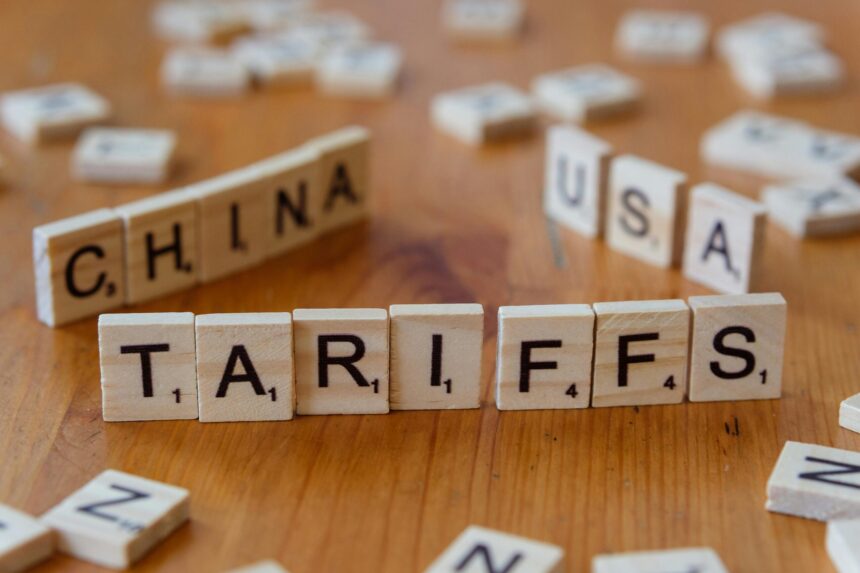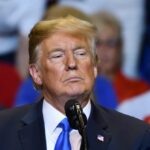President Donald Trump recently accused China of violating the tariff agreement with the United States, sparking concerns about the future of trade relations between the two nations. The agreement, which was reached earlier this month to reduce tariffs for 90 days, was seen as a positive step towards easing tensions and stabilizing markets. However, Trump’s remarks have raised doubts about China’s commitment to honoring the deal.
In a social media post, Trump expressed his disappointment with China’s actions, stating that the country had failed to fully comply with the terms of the agreement. He highlighted the economic challenges faced by China prior to the deal and suggested that he had offered concessions to help alleviate their difficulties. Despite his efforts to facilitate a trade agreement, Trump emphasized that China had not held up their end of the bargain.
U.S. Trade Representative Ambassador Jamieson Greer echoed Trump’s concerns, pointing out that China had not fully rolled back export bans on critical minerals as required by the agreement. Greer emphasized the importance of China complying with the terms of the deal and expressed the United States’ commitment to monitoring their actions closely.
White House deputy chief of staff Stephen Miller also weighed in on the issue, indicating that the United States could take action against China for violating the agreement. Miller emphasized the need for China to open up its economy to American businesses, mirroring the openness that the United States has maintained towards Chinese businesses.
Despite the optimism surrounding the initial agreement, experts have warned that China may not adhere to trade agreements, citing the regime’s history of ignoring deals made during the previous administration. The imposition of anti-dumping tariffs on plastics from the United States, the European Union, Japan, and Taiwan further underscored concerns about China’s commitment to fair trade practices.
The legality of Trump’s tariffs is currently under review by the courts, with a recent ruling striking down many of the tariffs. However, a federal appeals court reinstated the tariffs while the case is being reviewed, signaling ongoing legal battles over trade policy.
As trade talks between the United States and China remain stalled, Treasury Secretary Scott Bessent expressed confidence that a call between President Trump and Chinese Communist Party leader Xi Jinping could help jumpstart negotiations. The 90-day pause in tariffs is intended to allow for further discussions, but the recent developments have cast a shadow of uncertainty over the future of trade relations between the two countries.
In conclusion, the recent developments in the U.S.-China trade relationship highlight the complexities and challenges of international trade agreements. As both countries navigate the path forward, it remains to be seen whether they can overcome their differences and work towards a mutually beneficial trade relationship.








